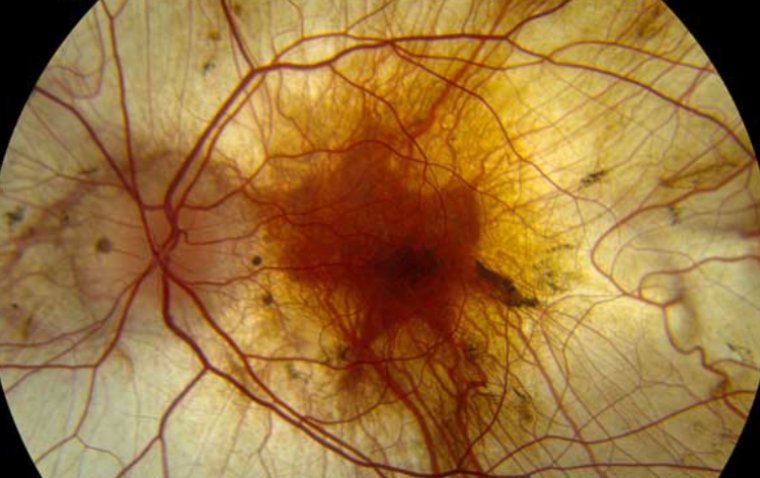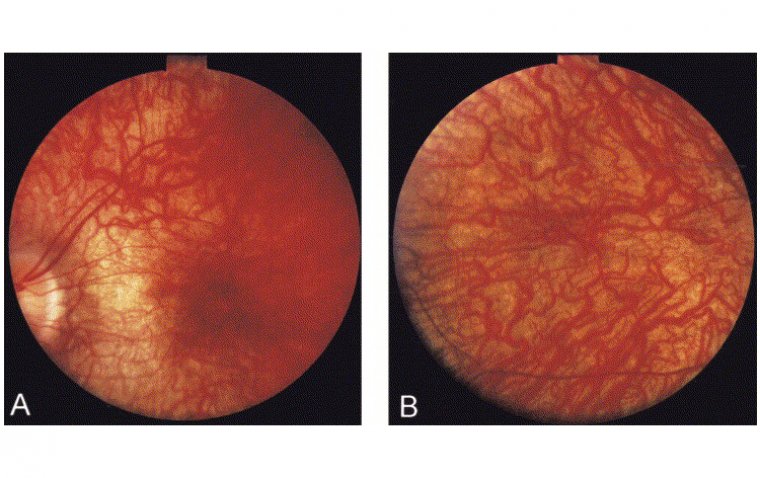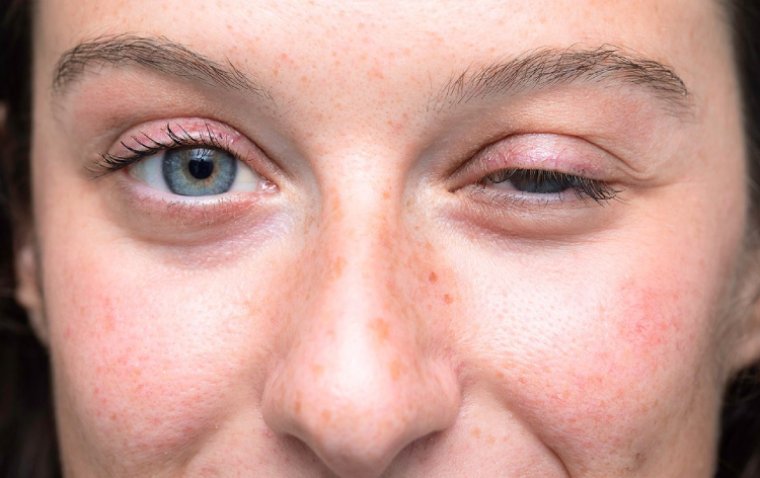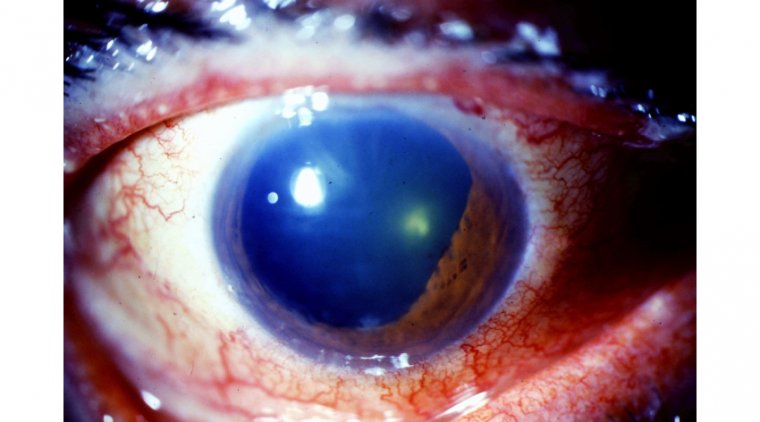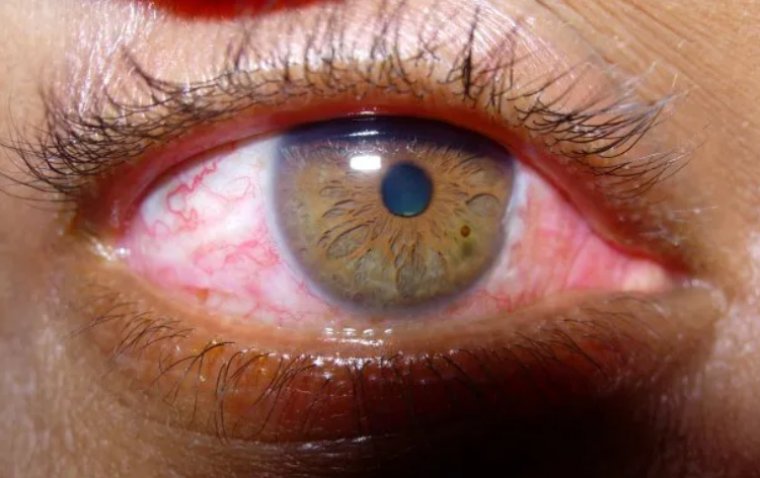
Conjunctival Injection: Causes, Symptoms and Treatment
What Is Conjunctival Injection?
Conjunctival injection, commonly known as red eyes, is a condition characterized by the appearance of bloodshot or pinkish eyes. It occurs when the blood vessels on the conjunctiva, the thin membrane covering the front surface of the eye, become dilated and more prominent.
While conjunctival injection is often temporary and harmless, understanding its underlying causes, recognizing symptoms, and knowing when to seek medical attention is crucial for maintaining optimal eye health.
Scleral Injection vs. Conjunctival Injection
Both scleral injection and conjunctival injection are ocular conditions characterized by redness in the eye. However, they involve different parts of the eye and can be caused by various factors.
Scleral injection refers to the redness and dilation of blood vessels in the sclera, which is the white outer layer of the eyeball. Conjunctival injection, on the other hand, refers to the redness and dilation of blood vessels in the conjunctiva, the thin membrane covering the front surface of the eye.
Causes of Conjunctival Injection
1. Allergies: Allergic reactions to pollen, pet dander, dust, or certain foods can trigger inflammation of the conjunctiva, leading to redness and itching. Histamine release in response to allergens contributes to dilation of blood vessels.
2. Infections: Bacterial or viral infections, such as conjunctivitis (pink eye), can cause inflammation of the conjunctiva. The body's immune response to infection results in increased blood flow to the affected area, causing redness.
3. Irritants and Environmental Factors: Exposure to irritants like smoke, dust, strong odors, or chemicals can lead to conjunctival irritation and redness. Foreign particles can directly stimulate the conjunctiva, triggering the dilation of blood vessels.
4. Underlying Medical Conditions: Conditions like dry eye syndrome, rheumatoid arthritis, and Sjögren's syndrome can result in chronic conjunctival inflammation and redness. These conditions affect the eye's tear production and overall ocular health.
Symptoms of Conjunctival Injection
While the primary symptom is redness, there are several associated symptoms that can provide further insight into the underlying cause. Here are the common symptoms of conjunctival injection:
● Itching
● Burning Sensation
● Watery Eyes (Epiphora)
● Foreign Body Sensation
● Discomfort when Blinking
● Sensitivity to Light (Photophobia)
● Mucus or Discharge
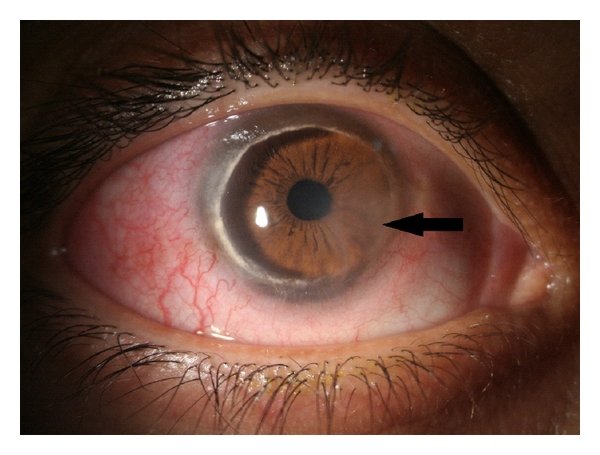
Diagnosis and Professional Guidance
Diagnosing conjunctival injection involves a comprehensive eye examination by an ophthalmologist. The eye doctor will assess the eye's surface, inspect the conjunctiva, and inquire about the patient's medical history and recent exposures. Depending on the findings, the doctor may recommend additional tests, such as cultures for infections or allergy tests for allergen triggers.
How to Treat Conjunctival Injection
1. Allergic Conjunctival Injection
● Avoiding allergens: Identifying and avoiding allergens that trigger the reaction is crucial.
● Antihistamines: Over-the-counter or prescription antihistamine eye drops can help alleviate redness and itching.
● Cold compresses: Applying cold compresses can provide temporary relief from itching and redness.
2. Infectious Conjunctival Injection
● Antibiotics or antiviral medications: If the redness is due to an infection, the doctor may prescribe antibiotics or antiviral medications to treat the underlying cause.
3. Irritant-Induced Redness
● Protective measures: Using safety goggles or protective eyewear can prevent exposure to irritants.
● Artificial tears: Lubricating eye drops can help soothe irritation and reduce redness.
4. Underlying Conditions
● Treatment of the underlying condition: Managing systemic conditions like dry eye syndrome or rheumatoid arthritis can help alleviate conjunctival redness.
How to Prevent Conjunctival Injection
1. Protect your eyes from irritants: Use safety goggles when handling chemicals or in dusty environments.
2. Maintain good indoor air quality: Regularly clean and ventilate indoor spaces to reduce allergen exposure.
3. Practice proper hand hygiene: Wash hands frequently to prevent the spread of infections.
4. Avoid eye-rubbing: Rubbing the eyes can worsen irritation and contribute to redness.
When to Consult a Doctor
While mild cases of conjunctival injection may resolve on their own, it's essential to seek professional medical advice if:
● The redness persists or worsens.
● There is discharge from the eyes.
● Vision is affected.
● There's severe pain or discomfort.
Summary
Conjunctival injection, characterized by red or pink eyes, can result from various causes such as allergies, infections, irritants, or underlying medical conditions. Recognizing the symptoms, addressing the underlying cause, and following appropriate treatment are vital steps in maintaining eye health. Whether the redness is due to allergies, infections, irritants, or systemic conditions, seeking timely medical attention and adopting preventive measures can help alleviate discomfort and promote clear and healthy eyes.
(1).jpg)




